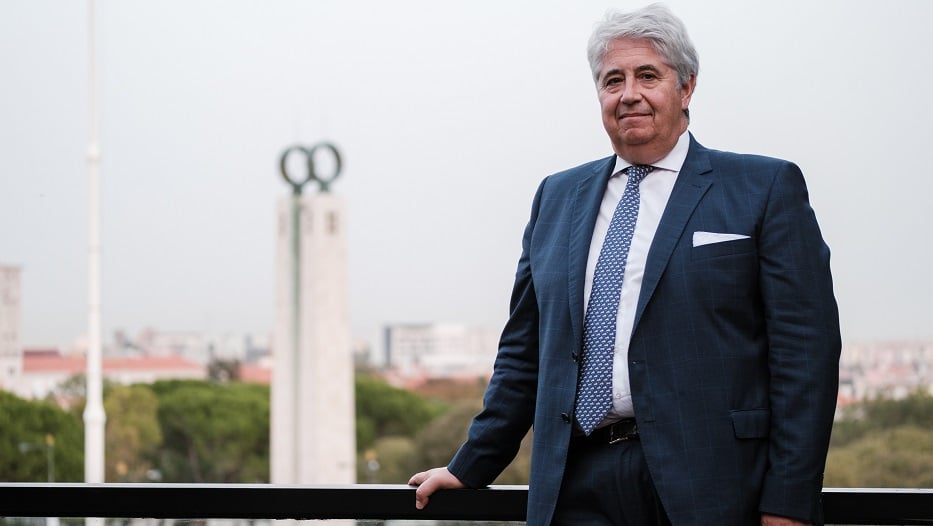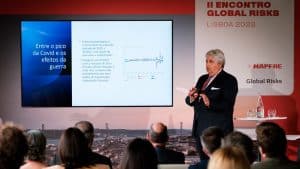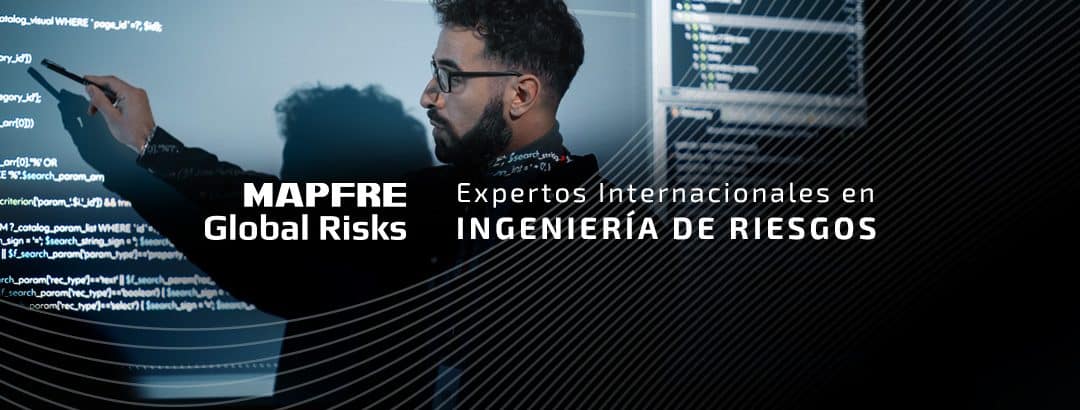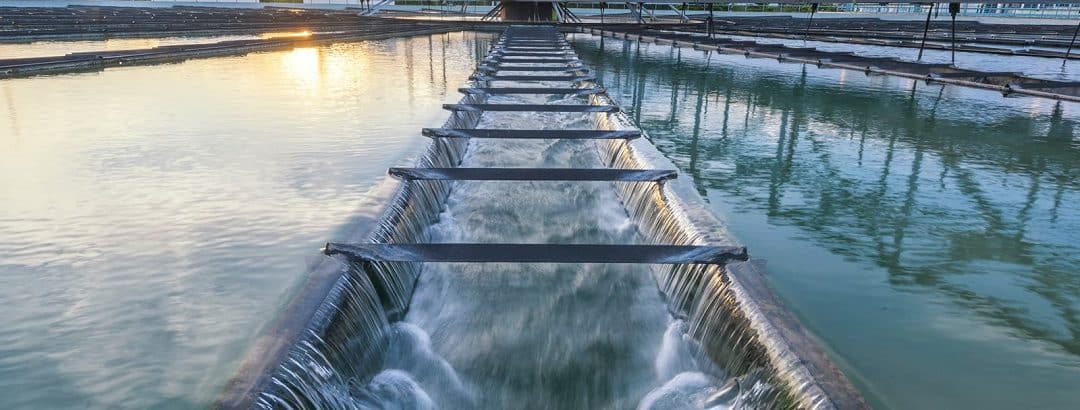Julia Maria Gomez de Avila Segade | 02/11/2022
On October 3, the 2nd MAPFRE GLOBAL RISKS Seminar was held in Lisbon, with the main national and international insurance brokers. The Seminar covered not only the macroeconomic outlook for 2022 and 2023 and its risks, but also the main risks in the insurance sector. In addition to the main heads of the Global Risks Unit, the guest of honor was Antonio Nogueira Leite, economist and former Secretary of State for the Treasury and Finance, who generously granted us an interview.
We are experiencing a really difficult situation: a fairly profound economic crisis, right after a pandemic, which is complicated by the problems posed by the war in Ukraine. With this scenario, what medium- and long-term economic outlook can we expect for Europe? How could it affect the insurance business?
In the short-term, this succession of crises has and will continue to have a big impact on Europe. Inflation had been rising due to logistical bottlenecks and in some markets, after their economies recovered at the end of the highest phase of the pandemic, it has noticeably accelerated after the war began, especially as fuel and energy prices rose. Since most production processes depend on energy, as does the entire supply chain, this price increase has spread throughout the economy, aggravating the effects we had been suffering since 2021. In addition, the shortage in the supply of natural gas due to excessive dependence on one of the belligerent parties has accentuated these effects. Inflation, although caused by major supply variations, has led to a shift in monetary policy, with several central banks raising benchmark rates, including the European Central Bank (ECB). This policy change, which affects the activity of both businesses and families, further adds to the deterioration of expectations due to the war, leading to a significant cooling of activity, which will likely be observed significantly in 2023.
There are no magical economic recipes to deal with the situation we are living through, but what reforms should be undertaken globally to make this situation easier for everyone?
In the case of Europe, the need to reduce its dependence on Russia’s energy by seeking new suppliers is evident, something that is being done, as well as speeding up initiatives to decarbonize economies and energy production. In fact, this response is in line with the EU’s current COVID response program, whereby decarbonization is one of the essential pillars of the investment effort countries are making to respond to the effects of the pandemic. In the last oil crisis, in 1979-1980, part of the response was based on trying to reduce the dependence on oil production from the Middle East and the Persian Gulf.
Inflation in Portugal, as is happening in the rest of European Union countries, is reaching figures not seen for decades. In your opinion, what actions are necessary to deal with this situation?
We are reaching inflation rates close to 10%. The Portuguese authorities are very optimistic about a rapid drop in inflation in 2023 and reflect this projection in the measures foreseen for next year, but I think we should be cautious for now. In fact, there are a series of different scenarios foreseen for the coming times which have a significant likelihood of having an impact; whether due to the uncertainty inherent in the war, the magnitude of the impact of the economic weapons used by the belligerent parties and other participants in a hybrid war, or the capacity of monetary and budgetary policy instruments to control inflation in the major economies during the currently anticipated period. In this context, short- and medium-term economic forecasting is now a very risky exercise and the reliability of the results should be taken with a degree of caution.
In fact, we are facing a simultaneous crisis in the most prominent economies and the direction of the stabilization policies is, largely, in line with the more restrictive nature of monetary policy, as I have already mentioned. However, it would be advisable to draw on what we have learned from the past (from the 1973-1974 and 1979-1980 oil crises) and conclude that, when expectations for initial crisis resolution are superseded by the dimension the crisis actually reaches, and more measures become necessary, the costs of the adjustment could end up being considerably higher than initially anticipated. This means we must expect the best scenario, but also be prepared for a more complex and lengthier scenario in which it will be necessary to help the most vulnerable in a context where fiscal policy does not increase what monetary policy will try to reduce: namely inflation.
The risk of a recession is currently looming over Western economies, but will we be able to escape it?
A recession in 2023 cannot be ruled out at this time, given the uncertainty of the reasons behind the crisis, to which we must add the uncertainty regarding the impact on growth of the instruments used to combat inflation, mainly the restrictive nature of monetary policy. In some countries, such as Portugal, the authorities maintain an optimistic view in line with initial inflation statements, which consider it to be essentially imported. Personally, I don’t share such an optimistic view. I think the recent statements made by Philip Lane and Isabel Schnabel, stating that we have to look at the quantitative information we obtain and refine the response to the crisis according to the evolution of the data, are more prudent. There is already a significant component of inflation that is endogenous and derived from the triggered effects that are yet to be seen: so how do we react to rising rates and how this rise affects real components of the economy. We will have to pay even closer attention to the situation in the coming months, hoping for the best, but preparing for the possibility of facing certain difficulties which today are not expected.
“I don’t share such an optimistic view”
What can be done to prevent a supply crisis, like the one we lived through a few months ago, from recurring?
Europe is working to reduce energy dependence, much more debilitating in the center of the continent than in the Iberian Peninsula. However, the previous crisis taught us that there are risks to the supply of many products and raw materials in addition to energy. It will be up to companies to reflect on, and act accordingly, the weaknesses they face due to the growing relocation of their value chains for 2020 and how best to remain globally competitive, considering that they should not continue to be as exposed to the risks of natural disasters, such as the pandemic, or geopolitical risks, such as the Russian invasion in Ukraine.
Rising rates may result in cost overruns on large infrastructure financing, so what consequences could this situation have?
The rise in rates could affect financing, which is now more expensive. I believe that the increase in the cost of many raw materials, intermediate goods, transportation, as well as energy costs, is just as severe, and affects the cost of construction and installation. I think many of these infrastructure projects will need financial restructuring and may experience considerable delays, in addition to the inevitable cost overruns we already know about today.
Energy prices have risen considerably for some months now. What situation can we expect over the short and medium term?
In the short term, we are highly dependent on the circumstances under which we began this crisis, on the behavior of many agents and countries beyond Russia, such as OPEC’s recent decision to cut production and the slow adaptation of energy infrastructure and operators. In the medium term, I expect to see a less dependent, more decarbonized Europe and a price correction that is more consistent with production costs and which reflects less of a shortage.
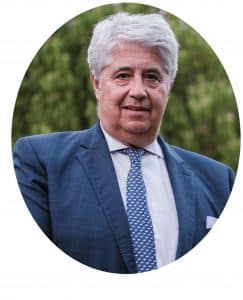 Profile Antonio Nogueira Leite:
Profile Antonio Nogueira Leite:
He was born has in 1962. He has an undergraduate degree in Economics from Universidade Católica Portuguesa. He also has a master of economics and PhD of economics from the University of Illinois. Between 1988 and 1996, he was a consultant to various national and international institutions, among which was the Bank of Portugal, the OCDE and the European Commission.
In 1999, he was appointed the Chairman of the Board of Directors of the Lisbon Stock Exchange and a member of the Executive Committee of the Association of Ibero-American Scholarship. From October 1999 to August 2000 he was Secretary of the Department of Treasury and Finance and deputy governor of the European Investment Bank. He took the position at the European Bank for Reconstruction and Development and the International Monetary Fund and was also a member of the Economic and Financial Council of the European Union. He also held the position of Vice-President of the Advisory Board of Banif- Banco de Investimentos S.A. and the Chairman of the General and Supervisory Board of OPEX, S.A.
António Nogueira Leite is, since 2000, the member of the Advisory Board of the Portuguese Association for the Development of Communications.
Since 2008, he is a non-executive Director of the Board of Directors of EDPR and a member of the Related Party Transactions.


